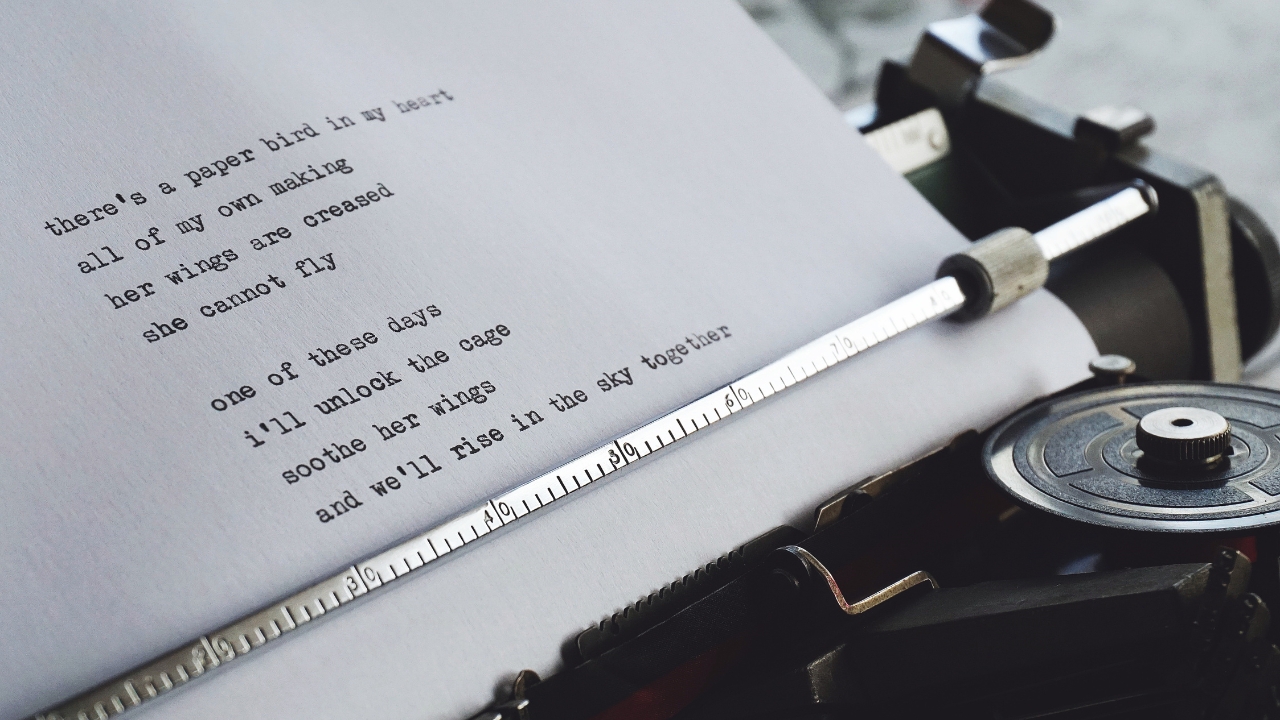The message always starts small.
A “hey.”
A “you up?”
Sometimes it’s a meme that used to make both of you laugh. Or an old photo that your phone decided to resurface, like it’s in on the joke.
Missing someone isn’t cinematic. It’s quiet. It’s 11:47 p.m., and your thumb hovers over the keyboard while your brain performs the world’s longest risk assessment. Do you say it directly? Do you disguise it as casual? Do you pretend it’s about something else entirely?
Funny how that happens.
The Language of Missing People
There’s a strange code we use when we miss someone. We don’t say “I miss you.” We say,
- “Saw this and thought of you.”
- “Did you ever finish that show?”
- “Just checking in.”
The truth hides behind small talk. Because what we’re really saying is: I still think about you. Do you ever think about me?
Our texts become like postcards from an emotional border: half courage, half denial.
And depending on who you are, your version of that text reveals more than you think.
The Direct Texter
You believe in ripping the bandage off.
You write: “I miss you. That’s all.”
It’s terrifyingly simple.
You’ve learned that subtlety only delays the ache. So you say what you mean, knowing full well it might hang unanswered in the chat.
The upside? You sleep better. Even if the reply never comes, there’s relief in truth.
But sometimes, honesty doesn’t get rewarded. Sometimes, they read it and move on. Still, you sent it because silence felt heavier.
The Disguised Texter
You start with, “Hey, how’ve you been?”
It sounds innocent, but it’s loaded like a confession in plain sight.
You’re not looking for weather updates, you’re scanning for warmth, for any sign that you haven’t been erased.
You convince yourself it’s harmless. But deep down, every emoji, every ellipsis is a fishing line thrown into old waters, hoping something tugs back.
The Overthinker
You type. You delete.
You write, “Hey stranger.” Then you backspace.
You open Notes, draft three versions, and still never send.
Your mind scripts entire conversations, rehearses possible outcomes, and none of them end well enough to justify pressing “Send.”
So instead, you stalk quietly, check stories, replay that one voice note, linger on their name in your chat list.
And somehow, that becomes its own kind of text: unsent, invisible, but still loud in your chest.
The Meme Sender
This one’s an art form.
You scroll until you find the perfect meme, something dumb, nostalgic, safe. You send it like a test balloon: Can we still laugh together?
It’s not about the joke; it’s about re-establishing rhythm.
If they reply with “😂😂😂,” you exhale.
If they leave it on scene, well, at least you got to remember what it felt like to reach out.
The meme sender hides longing inside humor, because laughter is easier than vulnerability.
The Time Traveller
You send texts like:
“Remember that place near the station?”
or
“I just passed your favourite cafe.”
Your way of missing someone is nostalgia dressed as coincidence. You revisit shared spaces digitally, trying to summon ghosts that once smiled back.
Sometimes they respond. Sometimes they don’t.
But you keep doing it, because memory feels like a safer place than the present.
The “Drunk Honesty” Texter
Ah yes the 1:36 a.m. philosopher.
You didn’t plan to text. But a playlist, a drink, and a sudden gust of loneliness turned your thumb into a traitor.
You write too much. Then more. Then a heart emoji you’ll regret by sunrise.
Morning hits like a hangover of both caffeine and clarity. You debate unsending, but part of you feels relieved. At least for one night, you stopped pretending.
The “I’m Fine” Texter
You miss them, but pride is louder.
So you send, “Hope everything’s good.”
Or worse: “Congrats on the new job!”
It’s your version of emotional diplomacy. You want to appear above it all composed, distant, over it.
But if someone zoomed in on your heart right then, they’d find a quiet ache sitting next to restraint.
Why We Do It Anyway
Texting someone you miss isn’t about getting them back. Not always.
It’s about connection. About testing if that invisible thread still hums when you tug it. Humans are wired for belonging, even when belonging hurts.
We send that text not because it’s smart, but because silence feels unbearable. The act itself becomes therapy, a way to release pressure from the unsaid.
And even when it fails, it reminds us we still have the capacity to care.
What That Text Really Says
When you miss someone, every message you craft no matter how disguised translates to one of three truths:
- I want you to remember me.
- I hope you’re missing me too.
- I don’t know how to stop thinking about you.
Sometimes, the message isn’t even for them. It’s for you. A small reminder that the story mattered, that your feelings were real once, and still are in pieces.
So, What Kind of Texter Are You?
Are you the blunt one?
The cautious one?
The one who drafts and deletes?
There’s no right version. Missing someone just exposes your communication style under emotional x-ray.
If you’re direct, you crave closure.
If you’re cautious, you fear rejection.
If you joke, you seek safety.
If you go silent, you hope the universe delivers the message for you.
Either way, it’s all human. Messy. Beautifully inconvenient.
The Unsent Message
There’s always that one message that never leaves the drafts. Maybe it begins with “Hey,” maybe it never gets words at all.
But in a strange way, it still exists floating between thought and action, like a digital ghost of something unfinished.
Because missing someone isn’t about what you say. It’s about what you almost say. The pause before sending. The weight in your chest after.
And maybe that’s the most honest message of all.




